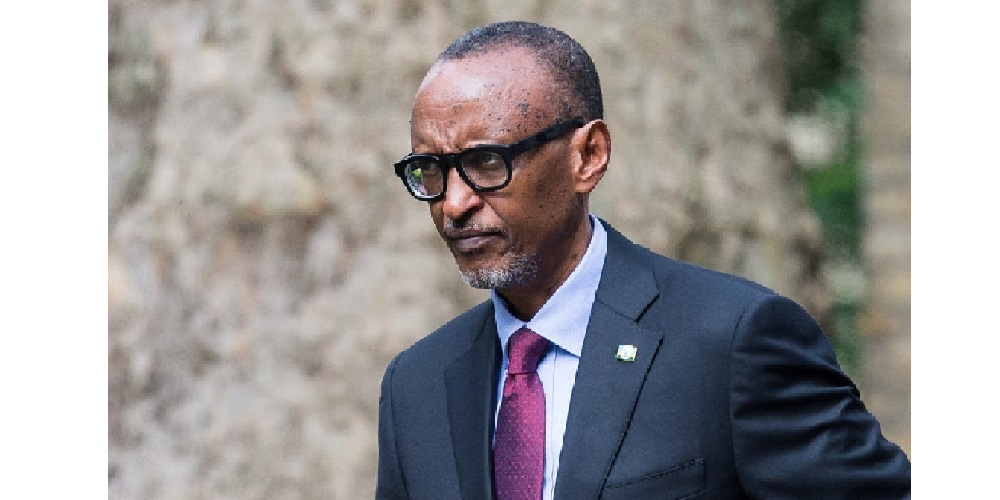Rwanda’s ruling party on Saturday picked President Paul Kagame as its candidate for the July election, teeing up a contest widely expected to return the longtime leader to office for a fourth seven-year term.
The 66-year-old has ruled over the landlocked African nation for decades, winning the presidency in elections in 2003, 2010 and 2017 — with more than 90 percent of the vote.
Kagame’s candidacy was unopposed during the Rwandan Patriotic Front congress, which ended Saturday, the party said.
Kagame said he had accepted the nomination but urged the ruling party to prepare for transition beyond him.
“The burden of responsibility to lead our country can be equated to a shock absorber against the challenges we face daily. It requires the right mindset,” he said.
“I accept this burden of responsibility, but with a call to get someone to relieve me of this responsibility.”
Kagame’s only known challenger in the July polls is opposition Green Party leader Frank Habineza.
The 47-year-old member of parliament secured only 0.45 percent of the ballot in the 2017 election, coming third in polls that rights groups criticised for irregularities and voter intimidation.
The other potential challenger to Kagame, Victoire Ingabire, leader of the unregistered Dalfa Umurunzi (Development And Liberty For All) movement, has been blocked from the presidential race due to a past conviction.
A court decision on whether she will be allowed to contest the presidency is set for March 13.
Rwanda will hold presidential and parliamentary polls on July 15 after the government decided last year to synchronise the dates for the votes.
Twenty-four women MPs, two youth representatives and a representative for disabled Rwandans will be chosen by electoral colleges and committees on July 16.
Candidates will be allowed to campaign from June 22 until July 12, according to the election calendar.
While Rwanda lays claim to being one of the most stable countries in Africa, rights groups accuse Kagame of ruling in a climate of fear that stifles dissent and free speech.
A former rebel chief, Kagame became president in April 2000 but has been the country’s de facto leader since the end of the 1994 genocide.
He presided over controversial constitutional amendments in 2015 that allowed him to run for more terms and stay in power until 2034.
AFP

